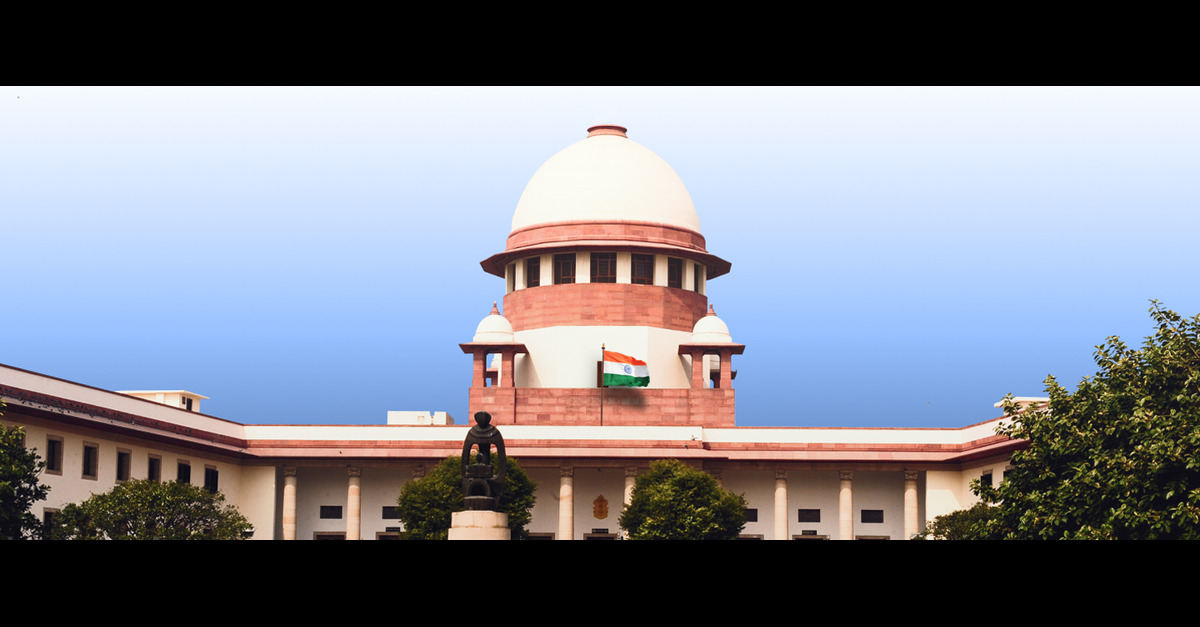ABSTRACT
This paper examines the recent ruling of the Supreme Court of India that requires arbitration as the means of settlement of inter-bank disputes under the SARFAESI Act where there is an arbitration provision in an intercreditor agreement. The ruling explains the difference between borrower-bank disputes (which fall within statutory SARFAESI jurisdiction) and inter-creditor disputes (which are of contractual origin). The article discusses the legal reasoning for the Court’s decision and explores how it adds to the developing jurisprudence on arbitration and enforcement of statutes in commercial cases.
INTRODUCTION
The SARFAESI Act, 2002, was legislated to authorize banks and financial institutions to enforce security interests without having to go to courts, especially for non-performing assets. However, in large lending arrangements involving multiple creditors, disputes may arise not between creditor and borrower, but between creditors themselves—especially over enforcement rights, priority, or distribution of recovery proceeds. Until recently, the enforceability of arbitration clauses in such intercreditor agreements remained legally ambiguous, with concerns about whether SARFAESI’s statutory nature overrides consensual dispute resolution mechanisms. The recent order of the Supreme Court clarifies this uncertainty by establishing a clear demarcation: where the conflict is inter se among banks and regulated by agreement, and not in relation to borrower enforcement, arbitration is the appropriate platform, assuming there is a valid agreement.
KEYWORDS
SARFAESI Act, arbitration, secured creditors, intercreditor agreement, financial dispute, statutory framework, party autonomy.
MAIN BODY
The controversy in the latest case was between two financial institutions that formed part of a consortium.
They had signed an intercreditor agreement with an arbitration clause.
A controversy ensued regarding who was to receive the proceeds of sale of a secured asset recovered under the SARFAESI Act. One of the banks had initiated proceedings under SARFAESI, and the other sought redress through arbitration.The issue of law was whether such an inter-bank dispute, even indirectly precipitated by SARFAESI action, could be resolved by arbitration. The Supreme Court, after examining the statutory provisions and contractual obligations, held that such disputes are arbitrable. It noted that SARFAESI largely regulates creditor-borrower relationships and does not directly govern co-creditor relationships. Therefore, the fact that an arbitration clause is present in an intercreditor agreement cannot be overlooked solely because the context includes a SARFAESI action. The Court made it clear that arbitration is excluded only if there is an express exclusion of arbitral jurisdiction in the relevant statute. There is no such exclusion with regard to inter-creditor disputes in the SARFAESI Act. As such, arbitration cannot be denied, especially where the dispute results from a contractually regulated relationship. The ruling supports India’s pro-arbitration judicial environment, emphasizing the policy of party autonomy in commercial agreements. The Court underlined that statutory recourse under SARFAESI is only available for public interest recovery from borrowers, whereas inter-se contractual arrangements between financial institutions are private in nature and can be agreed to be resolved through arbitration. Through distinguishing public law recovery proceedings from private inter-se creditor disputes, the ruling synchronizes SARFAESI with the Arbitration and Conciliation Act, 1996.
Further, the Court’s rationale was consistent with previous jurisprudence which held in favor of arbitration in cases where the parties had contracted for it and where the subject matter of the dispute was not necessarily non-arbitrable. Disputes concerning rights in rem, sovereign activities, or criminal disputes are typically non-arbitrable.But disputes concerning rights in personam—like distribution of proceeds of sale or priority of enforcement between creditors—are completely arbitrable.
This decision also sends a strong message to financial institutions to draft their intercreditor agreements with precision. The ruling places an obligation on such parties to respect their agreed mechanisms of dispute resolution and not misuse SARFAESI’s summary process for conflicts that are essentially commercial and contractual in nature.
Significantly, the Court was careful to circumscribe the purview of its order. It reaffirmed that matters of dispute between a borrower and a creditor relating to enforcement under SARFAESI have to be heard by Debt Recovery Tribunals (DRTs), as required under the statute. Borrower-related proceedings are therefore very much in the SARFAESI legislative scheme.
CONCLUSION
The Supreme Court’s ruling affirming arbitration for inter-bank disputes under SARFAESI is an important milestone in Indian commercial law. It establishes a clear but demarcating line between public law remedies and private law mechanisms.The judgment is designed to ensure respect for commercial certainty and freedom of contract, while also protecting the SARFAESI statute.By requiring arbitration where contracted for, the Court alleviates the tribunal’s workload and facilitates effective determination of complicated financial disputes. The decision upholds the core principles of arbitration law and ensures that cooperation between creditors continues to be subject to mutual agreement and enforceable contractual agreements.
“PRIME LEGAL is a full-service law firm that has won a National Award and has more than 20 years of experience in an array of sectors and practice areas. Prime legal falls into the category of best law firm, best lawyer, best family lawyer, best divorce lawyer, best divorce law firm, best criminal lawyer, best criminal law firm, best consumer lawyer, best civil lawyer.”
WRITTEN BY ADI MEHTA


